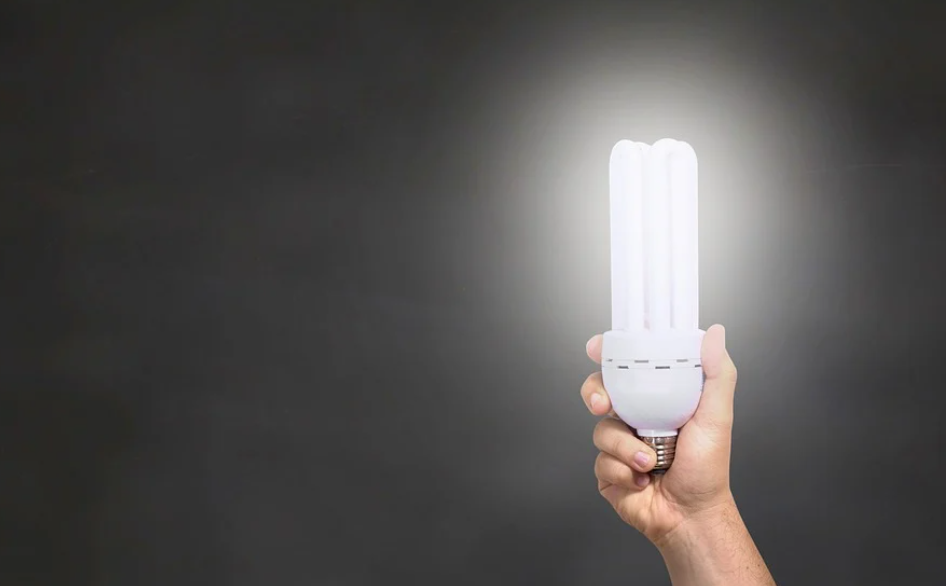
Long life
The parts of a LED and the way that they create light altogether broaden the life expectancy of these bulbs. Where other bulbs’ life expectancies are abbreviated through both legitimate and ill-advised utilization, the LED bulb’s low hotness levels, toughness, and energy effectiveness make it workable for it to outlive different kinds of bulbs by large number of hours.
2. Energy proficiency
In view of their high lumen yield per watt, LEDs are equipped for transforming around 70% of their energy into light. This makes them substantially more proficient than different bulbs, which squander a ton of energy by transforming it into heat. It just takes a 6 watt LED bulb to create the measure of light that a 40-watt glowing does, and their lower temperature likewise makes them more secure to work.
3. High splendor and force
LEDs are equipped for radiating a very undeniable degree of splendor. That is the reason wattage is at this point not a suitable estimation of brilliance – all things considered, check out a bulb’s lumen yield when you’re doing the change to LEDs or other energy-productive lighting.
4. Low transmitted hotness
While a glowing bulb works by warming its fiber to a temperature that produces light, a LED bulb transmits electromagnetic energy as light when jolted. By transforming energy into light rather than heat (instead of utilizing hotness to create light), LEDs can work at an essentially lower temperature than different kinds of lights.